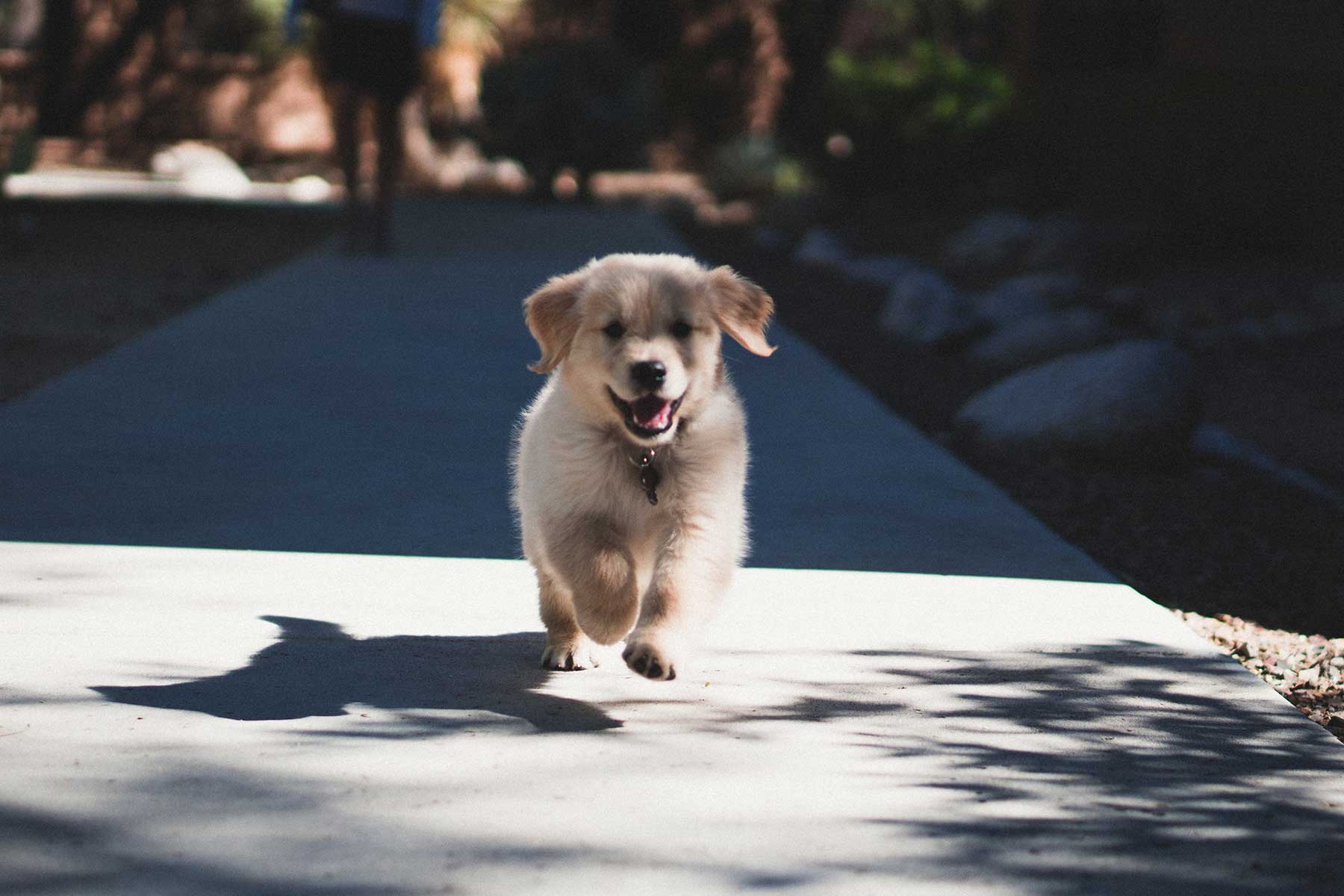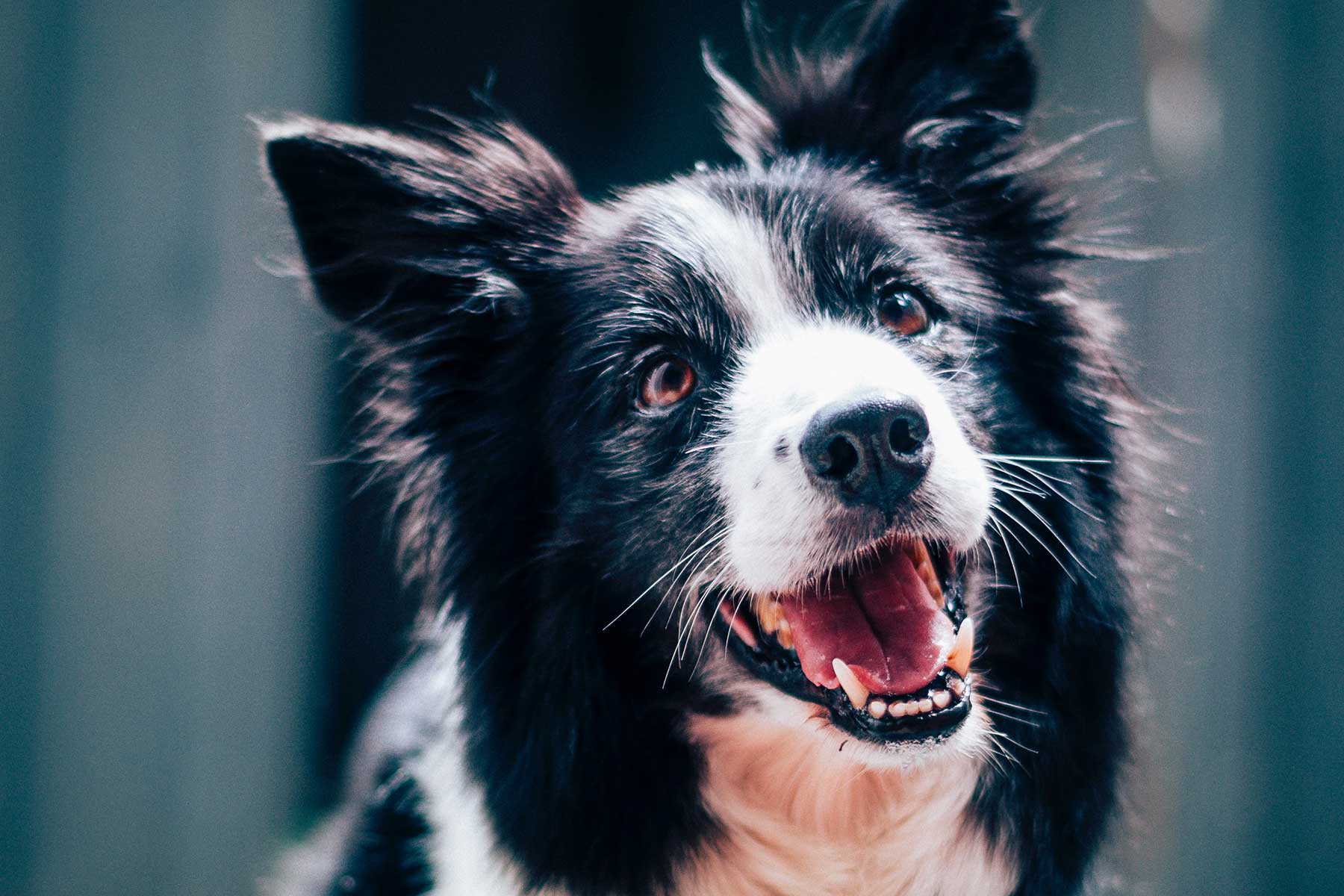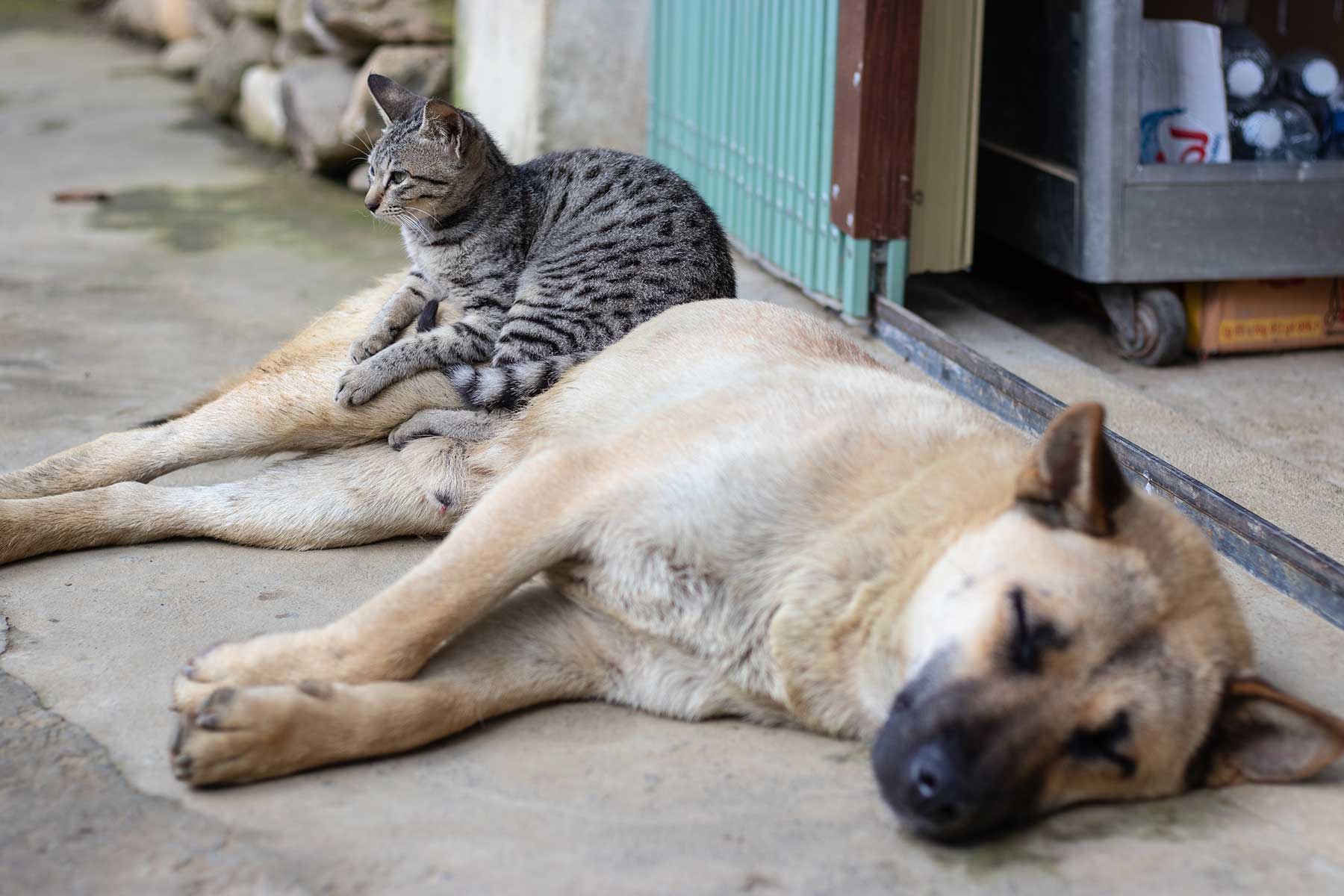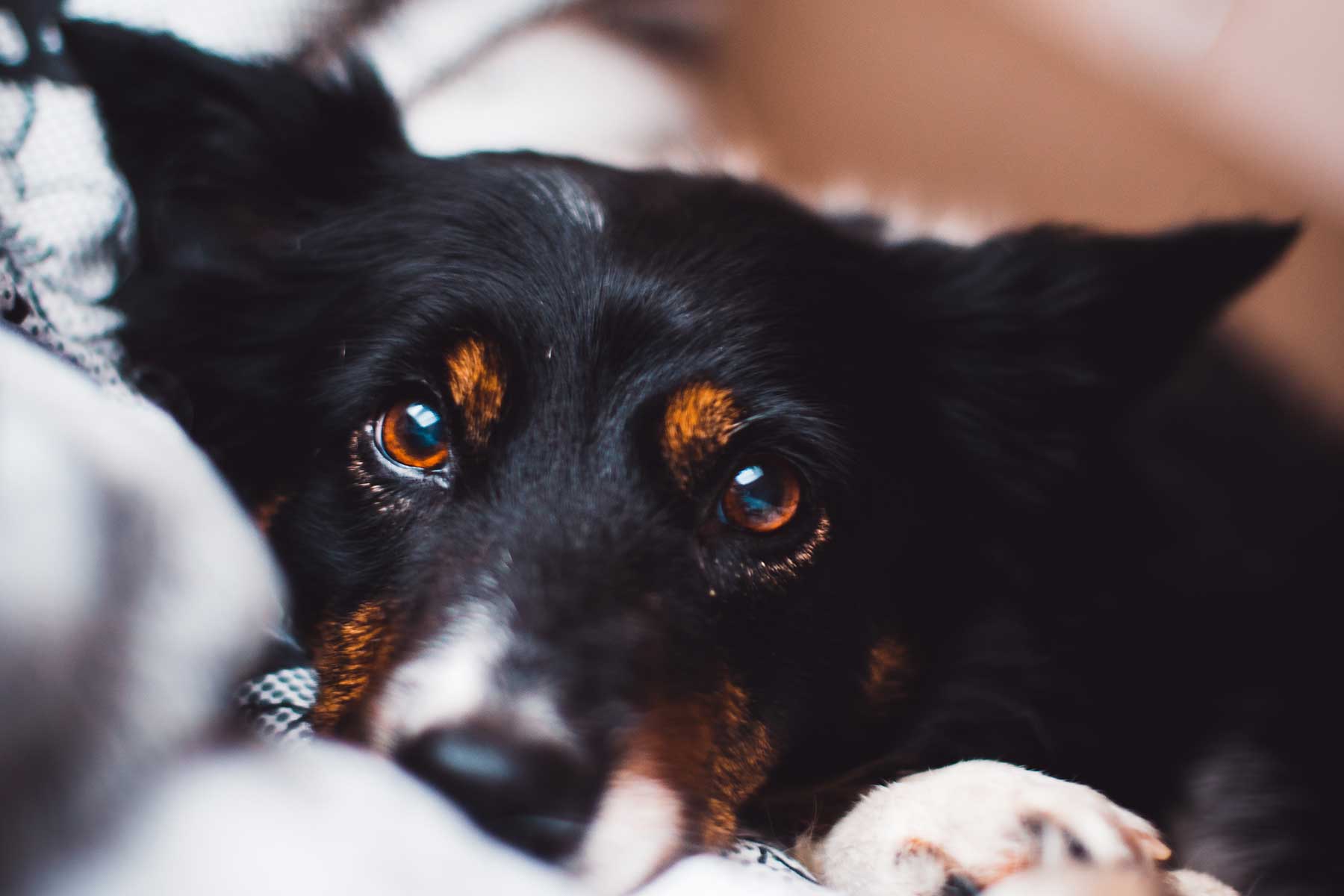Over one third of Australian households own dogs. Dogs are considered an integral component of our society and part of the social capital of the community. It is well accepted that pets also provide many health benefits for their owners such as reduction of stress and well as lowering blood pressure and serum triglyceride levels.
Socialisation is the special learning process that allows dogs to learn to live in society. They learn to accept the close proximity of people as well as other dogs and animals. Unfortunately most people are unaware of the importance of socialising their dogs when they are puppies.
Despite the fact that the dog has been part of human society for well over 12,000 years most people are still unaware of normal canine behaviour and development let alone the importance of socialisation. This leads to many misunderstandings in the dog-owner relationship and a fracturing of the strong bond that exists between dogs and their owners.
Over 80% of dog owners state that their dog has some unacceptable behaviours. Over 20% of urban dogs are surrendered to pounds and shelters each year. The main reason given for surrendering dogs is unacceptable behaviour. Boisterousness was the most common reason for surrender in one survey followed by aggression to people and other dogs. Many of these behaviour problems could have been prevented with early education of the dog and owner.
Other findings relating to surrendered dogs include:
- no formal obedience training (68.1%)
- not receiving veterinary attention (65.7%)
- being sexually intact (30.9%)
- eliminating inside regularly (19.3%)
The main cause of death of puppies under one year of age is euthanasia due to behavioural problems. In fact, many studies have now shown that behaviour problems are the number one reason for euthanasia in pets, regardless of age. Indeed, most dogs do not live to their full age potential. The average age of Australian dogs is estimated to be 3.5 years, which is well below their potential biological age. More dogs are euthanased each year because of their behaviour than die from infectious, neoplastic and metabolic diseases combined!
All puppies possess the beginnings of their later personality and temperament. What happens in the first three months of life is extremely important for their longterm development. By the time puppies begin to interact with the world, they have the genetic potential to develop a range of behaviours. Prior learning will largely determine the specific behaviours within the range they later exhibit as older puppies and adults.
To minimize the likelihood of behavioural problems it is therefore vital that a puppy that is destined to be a family companion begins a carefully planned socialisation program early. This will enable the puppy to receive controlled exposure to the range of people, places, other animals, noises, etc that it is likely to encounter in the real world. The socialisation period starts at 3 weeks of age and continues to about 3 months of age. Dogs have evolved to learn from investigating new things while in the protective environment of their parents and the group within which they live. Beyond 3 months of age they become increasingly independent and will be suspicious of new things in that they could present a potential risk to them. Failure to socialise adequately before 3 months of age can make it increasingly difficult for puppies to learn from exposure to new things in a way that leads to positive behavioural responses.
Before puppies can venture out in to the real world they need to be vaccinated so the earlier this is done the better for ensuring the behavioural as well as physical health of the dog.
Socialisation therefore starts with the breeder before the puppy goes to its new home. The best way for a new puppy owner to continue the socialisation of their new puppy is at a good Puppy Preschool class. After socialisation puppies and adult dogs should continue to be regularly exposed to the things they have learned from to reinforce their earlier learning.
An article by Dr Kersti Seksel
BVSc (Hons) MRCVS MA (Hons) FACVSc (Animal Behaviour) Diplomate American College of Veterinary Behaviourists – Registered Veterinary Specialist in Animal Behaviour
© K Seksel 2004











